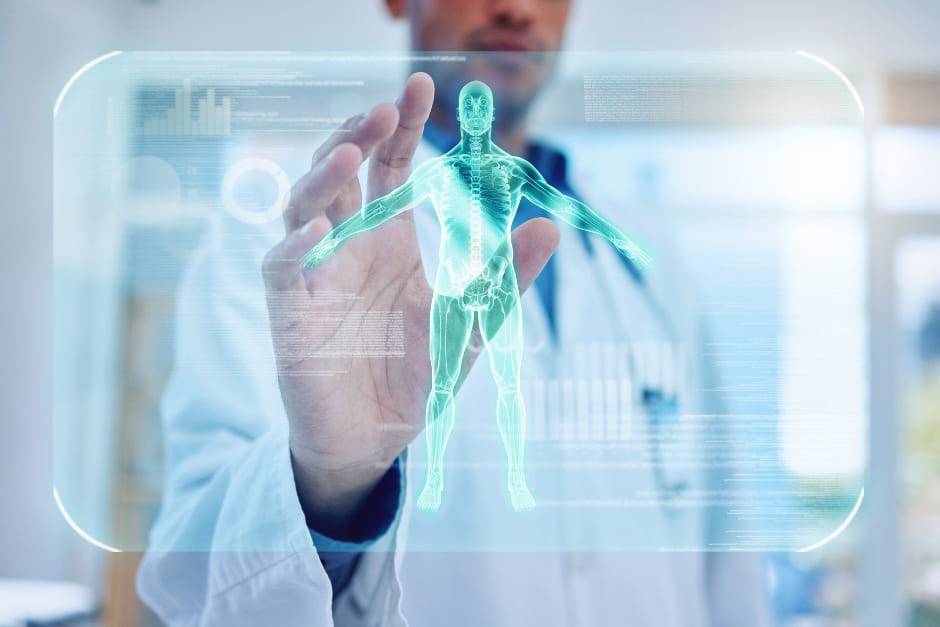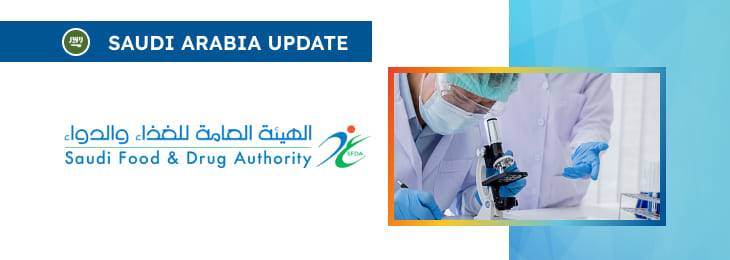The article provides a general overview of the regulatory approach to be applied concerning biotechnology-based medical devices intended to be marketed and used in Saudi Arabia.

Table of content
The Saudi Food and Drug Authority (SFDA), the country’s regulatory agency in healthcare products, has published a guidance document dedicated to biotechnology-based medical devices.
The document describes in detail the applicable regulatory requirements. Also, it provides additional clarifications and recommendations to be taken into consideration by medical device manufacturers and other parties involved to ensure compliance with it.
At the same time, the authority also reserves the right to make changes to the guidance, should such changes be reasonably necessary to reflect corresponding amendments to the underlying legislation.
Regulatory Background
First, the authority states that the emergence of biotechnology in medical device manufacturing necessitates clear regulatory guidance to ensure that these devices meet stringent safety, performance, and quality standards.
The present guidance document provides an extensive overview of the regulatory and technical requirements that manufacturers must consider during the design and manufacturing stages of biotechnology-based medical devices.
It also includes a detailed list of relevant standards, guidelines, and essential contact information, facilitating compliance and fostering innovation in the field.
The guidance is addressed explicitly to manufacturers of biotechnology-based medical devices, outlining the regulatory framework applicable to this innovative sector.
It emphasizes the importance of adhering to established standards and obtaining necessary certifications and authorizations for market entry.
Recommendations provided in the guidance are based on the relevant provisions of the Medical Devices Law and the Royal Decree No. (M/54).
In particular, the document highlights the necessity for marketing authorization, exemptions under specific conditions, and the role of the authority in ensuring compliance within healthcare settings to safeguard the efficacy and safety of medical devices allowed to be marketed and used in the country.

Requirements for Manufacturers
According to the guidance, medical device manufacturers must obtain an establishment license from the SFDA, with distinct provisions for local and overseas entities.
The relevant section of the guidance elaborates on the licensing requirements, underscoring the critical steps manufacturers must undertake to legally operate within the regulatory framework.
General and Additional Requirements for Medical Devices
Another section details the comprehensive requirements for obtaining a Medical Devices Marketing Authorization (MDMA), focusing on biotechnology-based devices.
It covers a broad spectrum ranging from design and development processes to post-market activities.
It highlights the necessity for thorough technical documentation, clinical evaluations, and performance studies to ensure device safety and efficacy.
Risk Classification and AI Integration
The document outlines the criteria to be applied when classifying biotechnology-based medical devices, emphasizing the critical role of Artificial Intelligence (AI) in enhancing device functionality and patient care.
It discusses the aspects related to the application of innovative technologies in data analysis, pattern identification, and predictive analytics, while also addressing design, development, and validation considerations to mitigate risks and ensure transparency and safety.
Quality Management Systems
As stated in the document, medical device manufacturers must implement a structured quality management system, duly documented and fully compliant with the relevant international standards.
The appropriate section of the document provides guidelines for establishing procedures that cover the entire lifecycle of a medical device, from conception through post-market surveillance, ensuring continuous compliance and quality assurance.
Clinical and Performance Evaluation Requirements
Much of the guidance is dedicated to evaluating medical devices through clinical trials and performance studies.
It describes the approval process, including the necessity of ethics committee endorsement, and details the comprehensive documentation required to demonstrate the device’s safety, performance, and intended use.
This includes analyzing analytical and clinical performance, assessing risk-benefit considerations, and developing a post-market performance follow-up plan.
Conclusion
In summary, the present guidance document provides additional clarifications and recommendations to be taken into consideration by manufacturers of biotechnology-based medical devices, outlining a detailed roadmap for navigating the regulatory landscape.
By complying with these guidelines, manufacturers can ensure their products meet the highest safety, performance, and quality standards, ultimately benefiting patient care and advancing medical technology.
The authority also explicitly mentions that as the biotechnology field evolves, ongoing updates and revisions to these guidelines will be necessary to accommodate new developments and challenges, establishing the proper balance between facilitating further development and use of innovative technologies while ensuring the safety of patients.
How Can RegDesk Help?
RegDesk is a holistic Regulatory Information Management System that provides medical device and pharma companies with regulatory intelligence for over 120 markets worldwide. It can help you prepare and publish global applications, manage standards, run change assessments, and obtain real-time alerts on regulatory changes through a centralized platform. Our clients also have access to our network of over 4000 compliance experts worldwide to obtain verification on critical questions. Global expansion has never been this simple.

